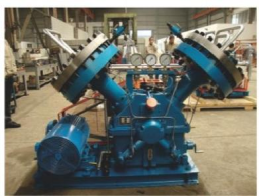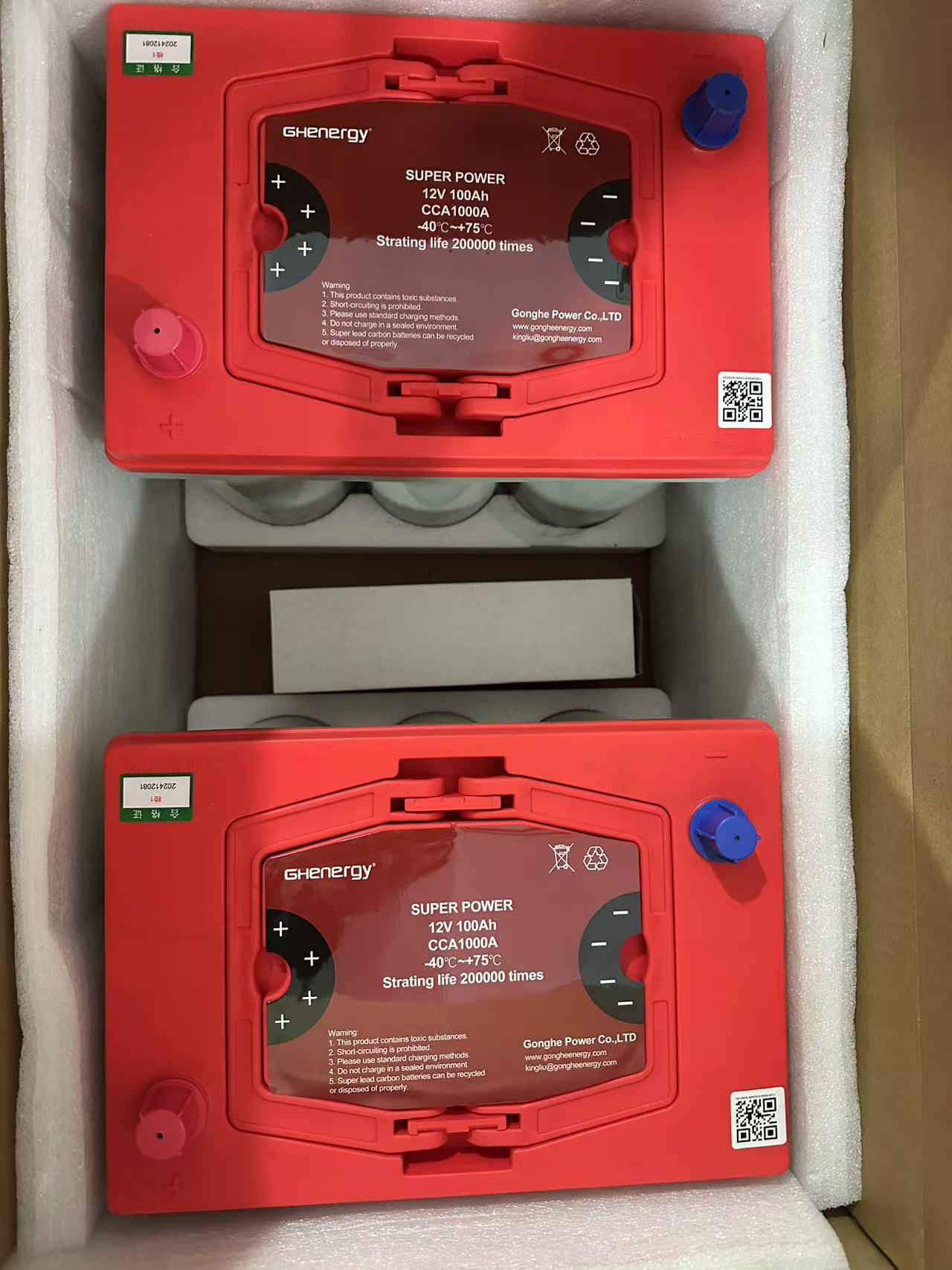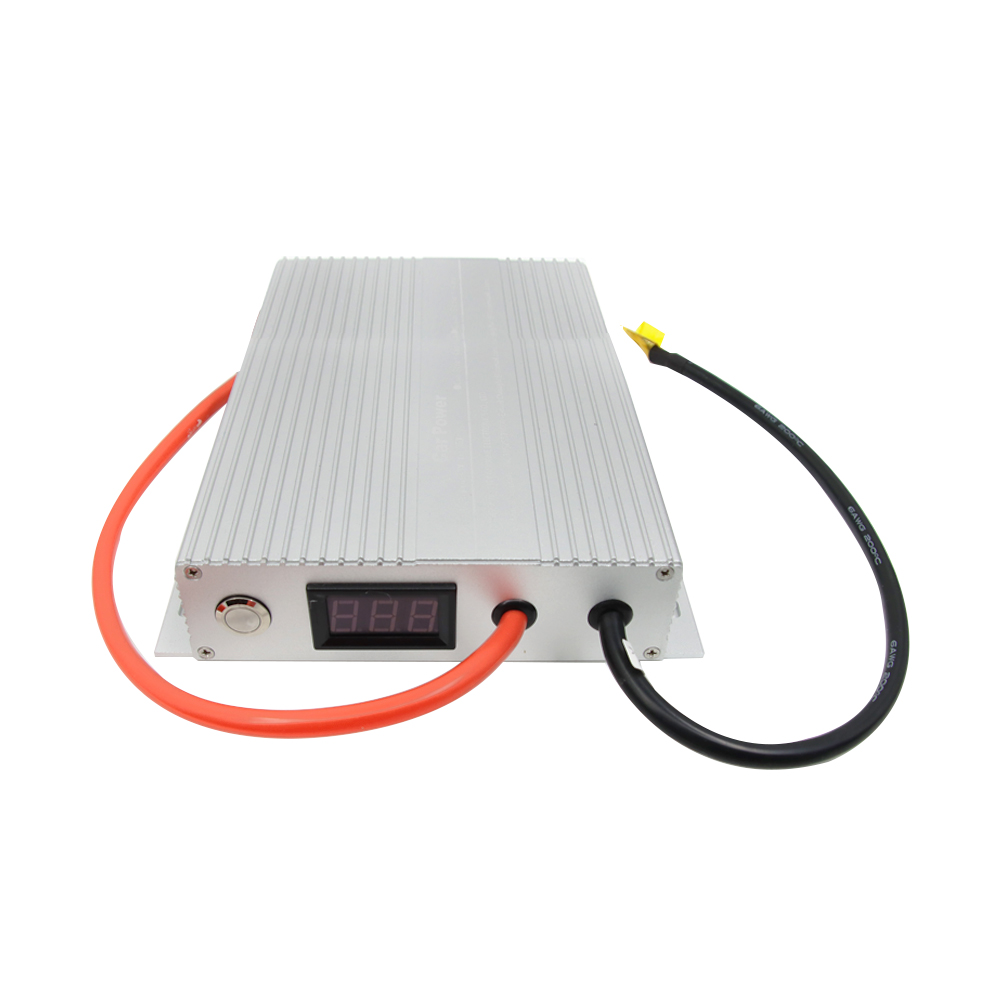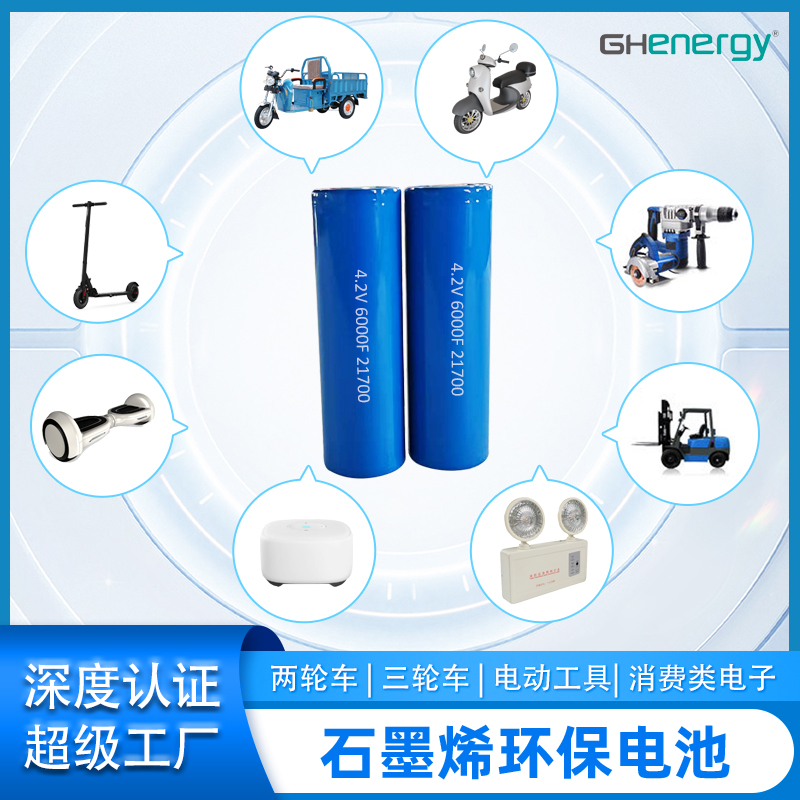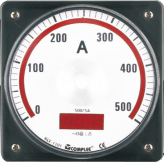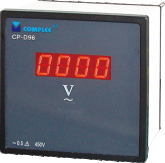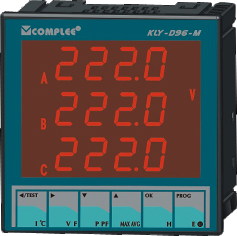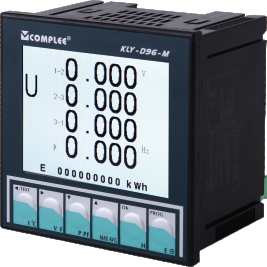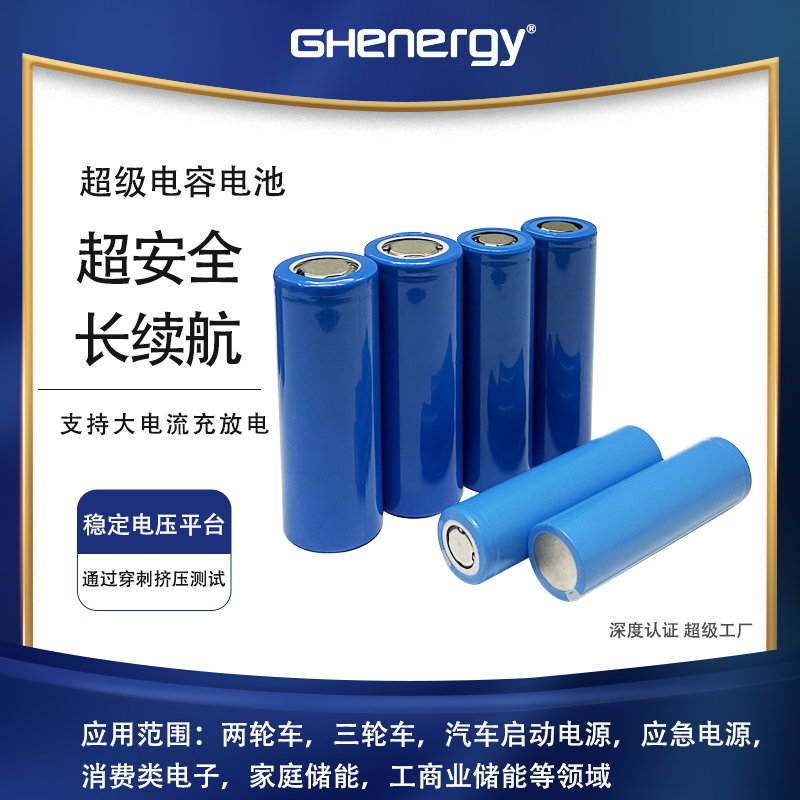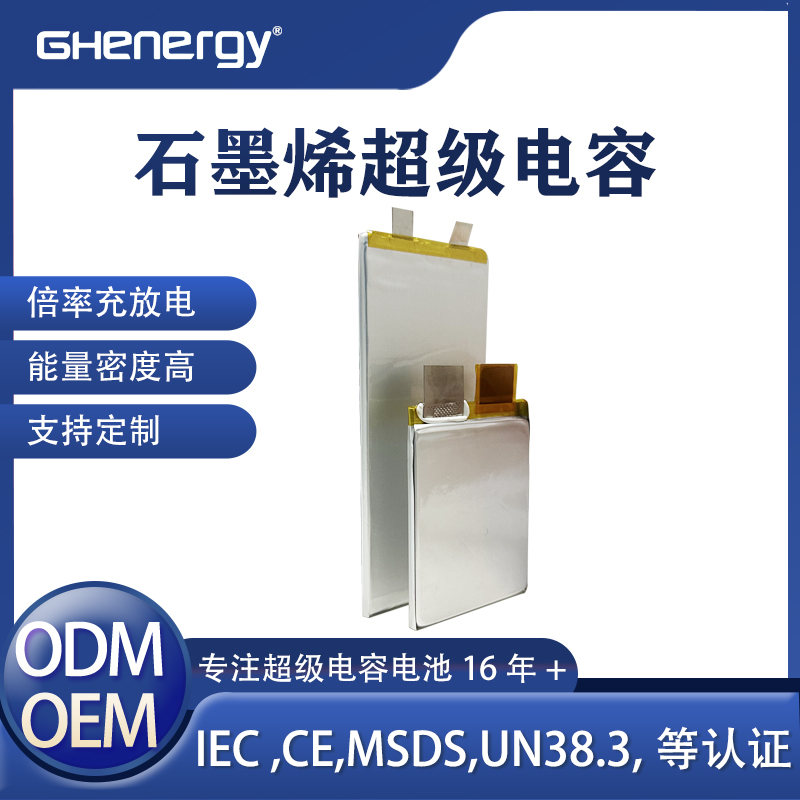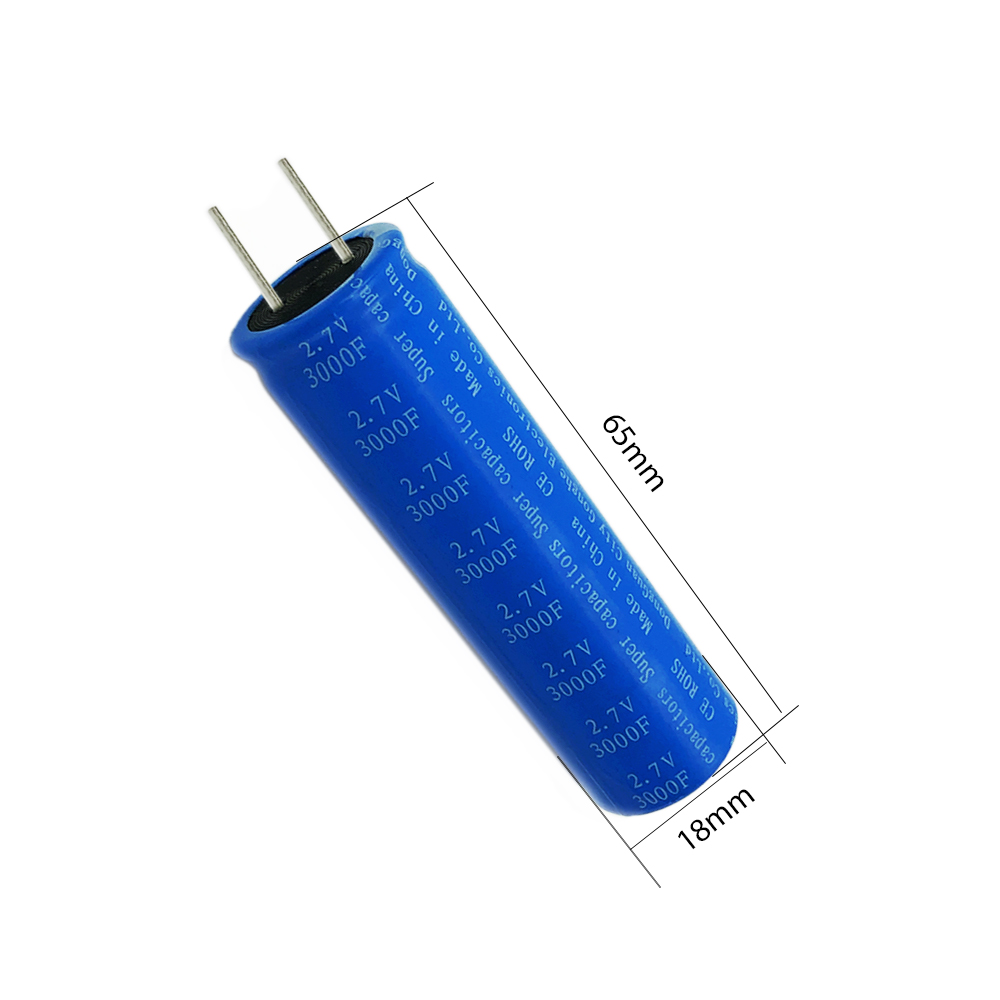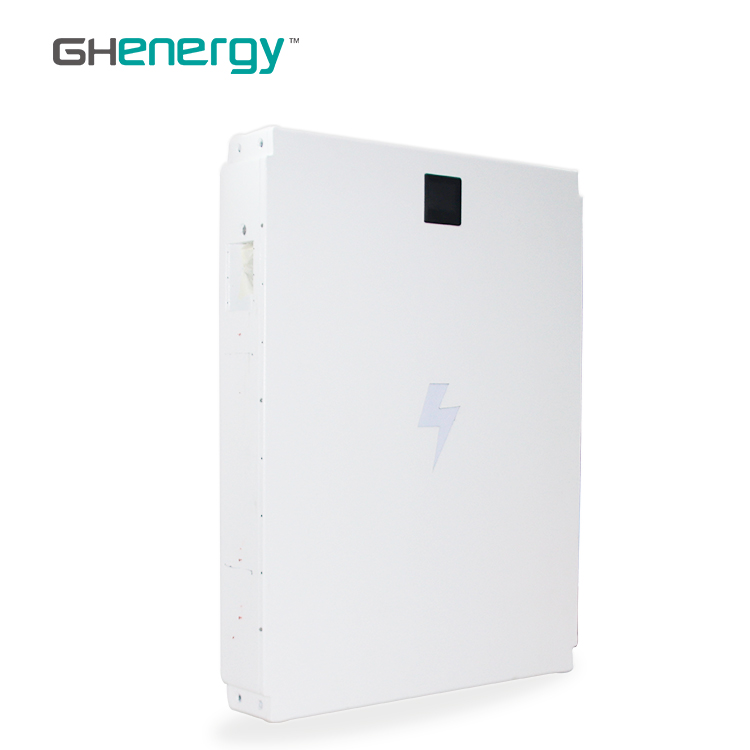 Wedoany.com Report-Feb 21, BMW remains committed to launching its first production fuel cell car by 2028, reinforcing its partnership with Toyota, the world’s largest automaker, which also sees potential in hydrogen for the automotive sector. Meanwhile, the German luxury brand is testing hydrogen technology in two zero-emission trucks.
Wedoany.com Report-Feb 21, BMW remains committed to launching its first production fuel cell car by 2028, reinforcing its partnership with Toyota, the world’s largest automaker, which also sees potential in hydrogen for the automotive sector. Meanwhile, the German luxury brand is testing hydrogen technology in two zero-emission trucks.
BMW Group Logistics will deploy two Iveco S-eWay Fuel Cell trucks in Germany, operating between Leipzig, Landsberg, and Nuremberg. To support this, two hydrogen refueling stations are being built—one in Leipzig and another in Hormersdorf—enabling efficient operations with rapid refueling for the trucks’ large hydrogen tanks. Notably, the Leipzig factory already hosts five hydrogen fuel stations, servicing over 200 forklifts and tugger trains for internal logistics. Germany’s first indoor hydrogen station opened at this Saxony plant in 2013. Starting in 2026, the Regensburg facility will also adopt hydrogen-powered tugger trains and forklifts.
These hydrogen trucks are part of the H2Haul project, backed by the Clean Hydrogen Partnership, which includes a fleet of 16 hydrogen-powered rigs. The initiative focuses on testing fuel cell drivetrains in real-world conditions across several European countries, moving beyond lab simulations. Data gathered from these trials will aid BMW in refining the technology for broader use in road freight transport.
The first hydrogen vehicle BMW offers for sale is expected to be derived from the next-generation X5, known as the “G65.” This model will feature a range of powertrains, including gasoline and diesel engines, plug-in hybrids, a fully electric version, and a hydrogen fuel cell option. The current X5, coded “G05,” has already served as the basis for a pilot fleet of iX5 Fuel Cell vehicles, though these remain unavailable for purchase.
BMW’s efforts highlight a practical approach to advancing hydrogen technology. The collaboration with Toyota and the testing of fuel cell trucks demonstrate a focus on developing sustainable transport solutions. The Leipzig and Hormersdorf refueling stations, along with the existing infrastructure at the Leipzig plant, ensure operational reliability during the trial phase. Insights from these tests will shape the future of hydrogen-powered vehicles, potentially expanding their role in the automotive and logistics industries.

